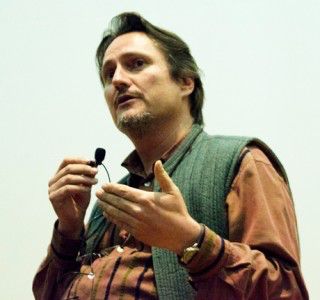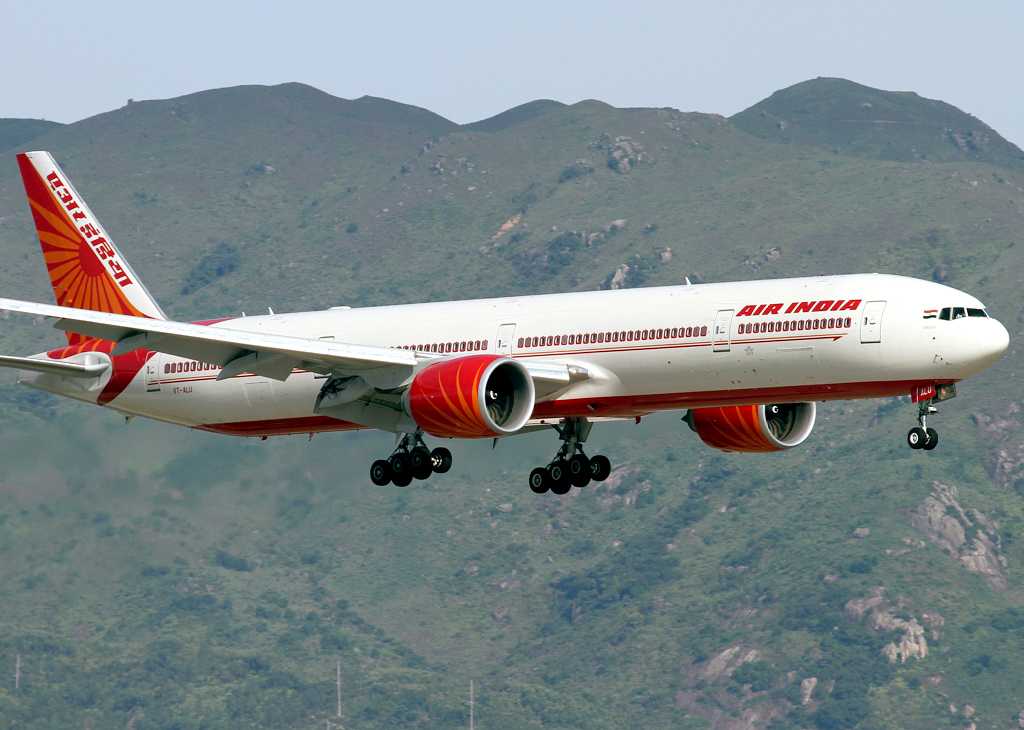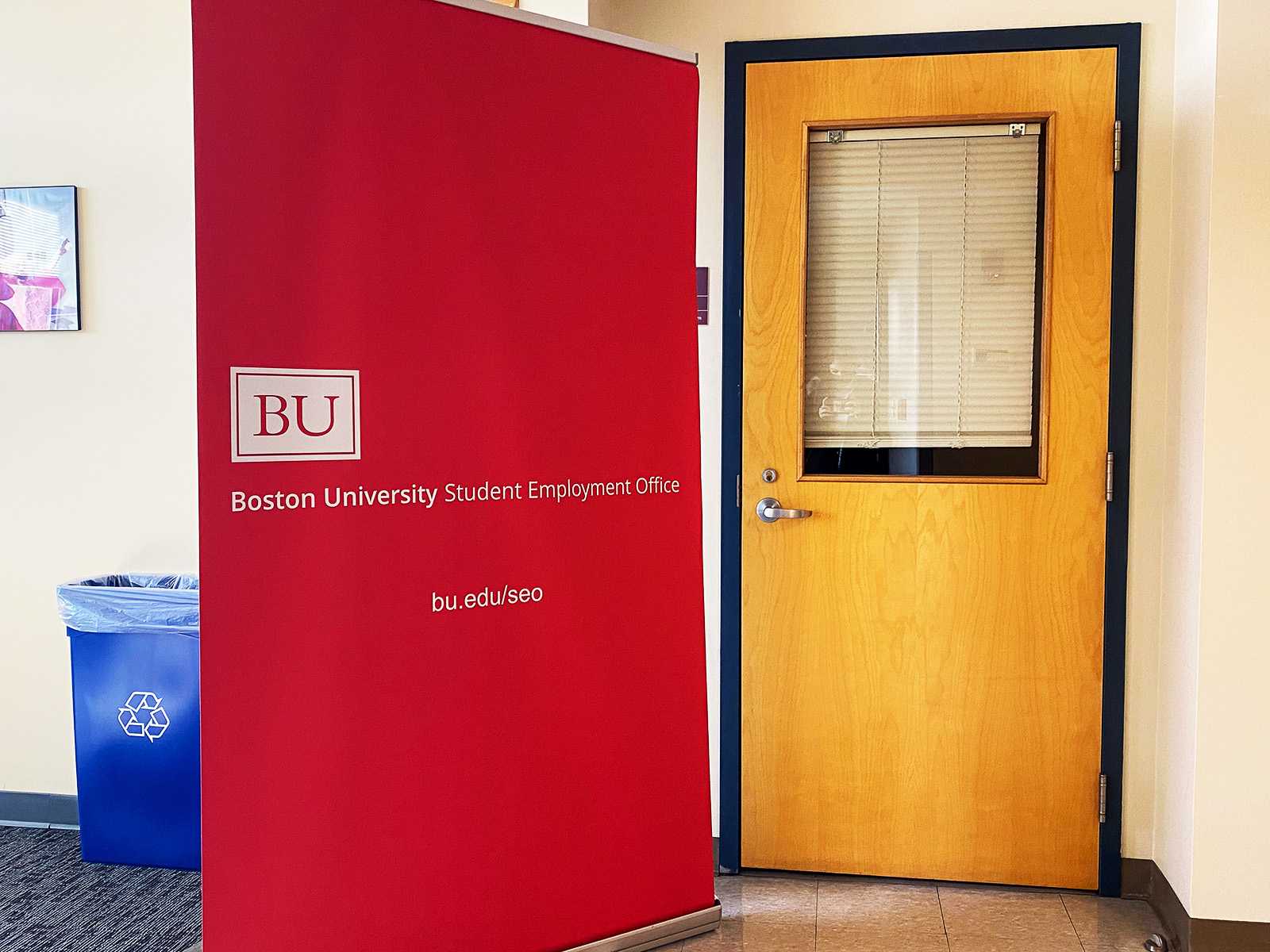
From delving deeper into Afghanistan’s role in the Sept. 11, 2001 attacks to discussing the similarities and differences between Pearl Harbor and 9/11, panelists voiced their views on Monday evening at a lecture titled “America at War: America and the West in the Islamic World – Al Qaeda and the Origin of the 9/11 Attack.”
The Boston University Political Science department held the first of its seven panels on 9/11 in the Law Auditorium as part of a new course titled “PO 309: America at War: The Response to 9/11.” The course, taught by professors Douglas Kriner and Neta Crawford, involves mandatory panels for its students, which are open to the public.
Panelists included filmmaker Michael Sheridan, a member of Community Supported Film, and professors Andrew Bacevich, Thomas Barfield and Kriner, who spent about an hour discussing events leading up to the attacks, as well as their aftermath.
“These four panelists will help us understand the beginning and hopefully the end of these wars,” Crawford said as she introduced the panelists.
Each professor brought up different aspects of the historical precursors to Sept. 11.
“Afghanistan is only part of the Middle East,” Barfield said. “The question of terrorism goes in another direction when we ask why did Afghanistan become a safe haven for terrorism.”
Sheridan said Americans need to see the Afghanistan situation from the Afghan perspective. What Afghans really want is a “quiet and consistent” American presence.
“We tend to focus on the battle front and America’s action,” Sheridan said. “To understand our role there, we need to also understand what the local people are doing and how they view America’s presence in their home country.”
Bacevich said it is important to find new alternatives to America’s involvement in the Middle East because today’s strategy is not working.
“The point was to bring stability to a region where stability was, at best, precarious,” he said.
“During the ‘90s, we really just tuned out the rest of the world and enjoyed our economic expansion,” Kriner said. “You should never be surprised by the ability of the American people to not pay attention to something for a long time.”
While the rest of the country may look at Sept. 11 as one event, Kriner said the country should really look at Sept. 11 as a “series of escalating attacks.”
Kriner called the attacks “transformative” for the current student generation and pertinent to the world.
“It’s important to understand this chronologically and to understand the deeper topics such as our decision process and the costs of war both socially and economically,” he said. “We need to understand where we’re going and how new decisions will be made. Understanding 9/11 acts as a lens for future action.”
The class, which is offered as a one-time opportunity in the fall, has garnered student attention. Emma Brown, a junior in the College of Arts and Sciences, said she is fascinated by the topic.
“I was alive when it happened, so I figured I knew what I needed to know, but I never thought or learned deeply about it,” Brown said.























































































































